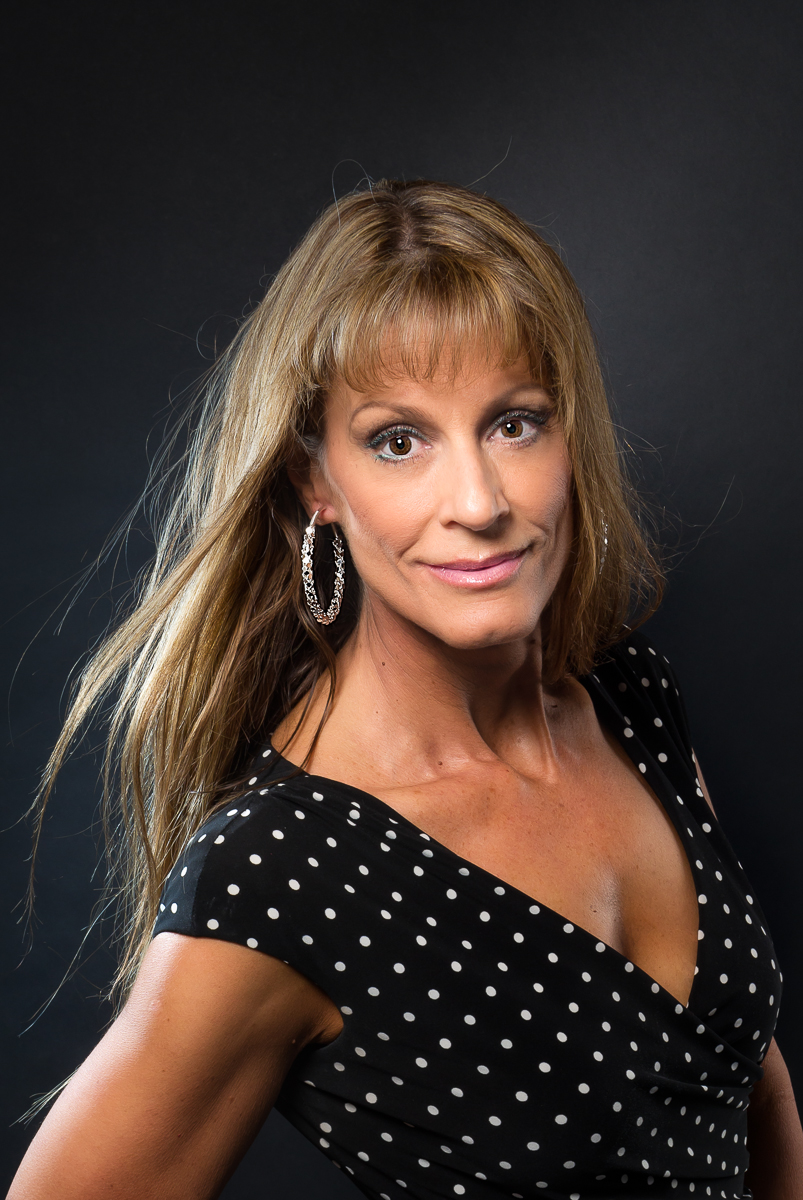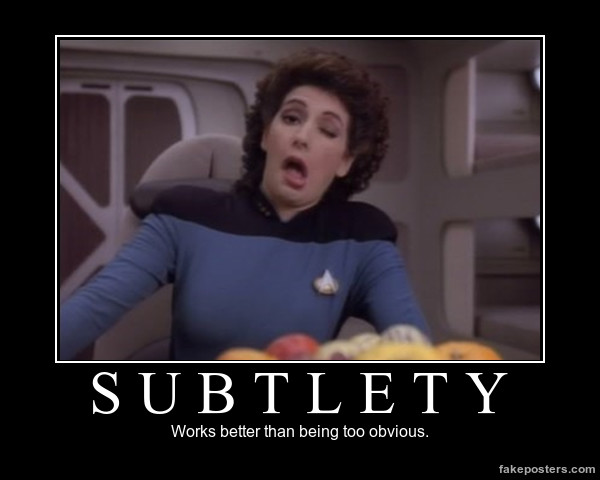A Guest Post by Lissa Woodbury Jensen
Science Fiction/Fantasy saved my life. My first year in college was a disaster. I arrived at University with huge dreams and the belief that I mattered to the world. One month into classes, reality set in hard and fast. My rose-tinted glasses had been wiped clean and I suddenly had a startling view into what others were seeing, most notably, of me.
I was a big girl. The fact that I had weighed over 200 pounds in high school hadn’t stopped me. I was cocooned within protective friendships and loyal family. I was even the lead in our musical that year, Hello Dolly. I distinctly remember “dieting” (starving, eating only broiled hamburger) and losing ten pounds. I will never forget the morning of opening night, when I stepped onto the scale and it read one hundred and ninety pounds! My heart soared in ironic delight as I performed Dolly with the combined gusto of Ethel Merman and brash exaggeration of Carol Channing.
No one made fun of me. Everyone stood and cheered. I chalked it up to talent, ignoring the fact that perhaps they were cheering because I had walked a long road of recovery from teen-age drug and alcohol abuse.
The problem in college was that no one knew my background or history, nor did they care. The encouraging smiles were absent and the continual words of support ceased. I was a five foot, nine inches tall “lardo.” Oh, and I also had acne. Top that off with (then undiagnosed) ADHD and I became the proverbial bull in the china shop. I overcompensated, trying to be “the funny one.” I just got looks of pityo I withdrew into a different kind of cocoon. Night after night, I sat alone in my dorm room while others cavorted socially and worried about who their next date would be. Instead of cutting back on calories, food became my BFF. I tried out for plays but was never the right “type.”
Late one lonely evening, I ate a family sized bag of Nachos. After shoving the last chip into my mouth, I started licking the orange residue off my hands. As my tongue rolled off my pinkie finger, I glanced in the mirror. I was ashamed. Sad eyes looked back at me. Tiny orange crumbs caked the inside corners of my mouth and I hated myself. So much so that I decided I would rather be dead. The more I thought about it, the more convinced I became. I planned how I would do it and actually looked forward to the day of my mortal release.
A few days before my planned exit, I was walking through the dorm lobby and found a book that had fallen to the floor. It was a thick tome that piqued my curiosity. The title read “The Fellowship of the Ring” by J. R. R. Tolkien. Having nothing else to do, I took it to my room and began to read. I was captivated. I read on through the night and well into the next day. My death obsession was put on hold as I became Frodo struggling towards his epic destiny. I disappeared into my head and battled orcs, demons and evil wizards. Gandalf was my beloved mentor and I wept with abandon at his demise.
The day of my planned exit from this life came, yet I had begun reading “The Two Towers” and wanted to find out more about Gollum. I decided I could wait a while longer while I marched towards Mount Doom with Frodo and Sam. Setting sleep aside, I joined my comrades as we raced to our journey’s epic conclusion for “Return of the King.” My self-esteem soared and food was forgotten when, finally, the ring was destroyed and we crowned the true king of the land. I lay there, exhausted, and grieving for the loss of my newfound friends as the last few words of the book were seared into my brain. I surfaced back into the present and was reminded that the time for my deadly plan had come.
I balked. Had Frodo given up when in the dredges of Mordor? Had hefty Samwise Gamgee let the difficulty of his assignment stop him? When Frodo won the acclaim and adulation, did Sam think less of himself because he didn’t get the same recognition? I felt changed inside. I hadn’t just read the book; I had been part of the Fellowship.
And I couldn’t quit now. I contemplated my paradox. Perhaps I could prolong the day of my death a bit longer.
I went to the school’s library and left, clutching the librarian’s recommendation, “Ender’s Game” by Orson Scott Card. If I thought I could never love another being like Frodo, I was wrong. Andrew Wiggins’ trouble fitting in at Battle School in space endeared me to him like no other. As he grew in experience, gaining the trust of his peers and overcoming those who would bring him down, I felt a new resolve blossom within my soul. My problems were still evident, but I knew now that I could find a sense of identity, companionship, and unlimited adventure in worlds beyond the one I currently inhabited.
This realization gave me hope and I devoured all the science fiction and fantasy I could lay my hands on. I no longer obsessed about which day I would end my mortal pain and threw away all the tools I had kept for such an event. I continued with the Ender universe and many others, eventually learning to construct my own worlds and the stories within them.
Science fiction and fantasy opened worlds without end, where anything was possible for an inexperienced and uncertain young woman teetering on the edge. Strong and creative characters taught me to persevere and believe in myself, despite all odds. I lost weight, gained focus and never looked back. Years later, I continue to write, imagine the impossible, and look for new worlds to explore.
About the Author:
Lissa Woodbury Jensen lives in Alaska and loves imagining the impossible. Her initial career was in theatre arts. She did some filming in Los Angeles, but her primary love was the stage. In addition to performing, Lissa directed and choreographed many Broadway hits. She began her writing career by authoring short plays, dramatic presentations and original musical productions. She now concentrates solely on fiction. She loves to write about flawed characters that redeem themselves. Her favorite quote is from the movie Chariots of Fire: “God made me fast; and when I run, I feel His Pleasure!”

 Evan Braun is an author and editor who has been writing books for more than ten years. He is the author of The Watchers Chronicle, whose third volume, The Law of Radiance, has just been released. He specializes in both hard and soft science fiction and lives in the vicinity of Winnipeg, Manitoba.
Evan Braun is an author and editor who has been writing books for more than ten years. He is the author of The Watchers Chronicle, whose third volume, The Law of Radiance, has just been released. He specializes in both hard and soft science fiction and lives in the vicinity of Winnipeg, Manitoba.

